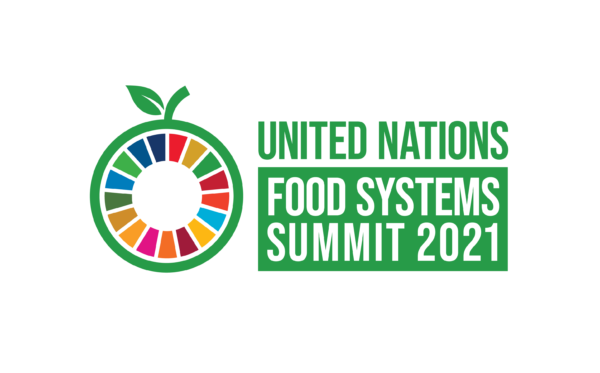Independent Dialogues Series Prepares for UN Food Systems Summit
Please click here to download the full press release.

ZURICH, Switzerland—In anticipation of the United Nations Food Systems Summit to be held in New York this September, Griffith Foods and the Social Gastronomy Movement (SGM) have organized a series of six preparatory conversations between innovative food leaders from the private, public, and NGO sectors. The online series is free and open to the public.
Both convening organizations applaud Secretary-General António Guterres’ initiative to create and host the UN Food Systems Summit, which recognizes the meaningful interconnections between the world’s food systems and large-scale global challenges including hunger, malnutrition, poverty, obesity, environmental degradation, and climate change.
“SGM asks a critical question: ‘What if change started with food?’ Griffith Foods shares the view that improving the planet’s food systems—from R&D and sourcing to production and distribution—could make a powerful difference in alleviating many global challenges while improving the lives of billions of people,” says Griffith Foods Global Sustainability Vice President Katherine Pickus.
“As a purpose-driven company committed to improving food systems and creating more value for our farmers and communities, Griffith Foods is honored to work with SGM to bring together a diverse multi-sector group of leaders eager to help make food more accessible, affordable, and nutritious while protecting our climate and natural resources,” Pickus adds.
SGM and Griffith Foods view the series as a way to bring together creative, results-focused leaders for discussions that demonstrate the value and viability of food system improvements and support related efforts by the United Nations, national and regional governments, purpose-minded corporations, activists, and humanitarian organizations.
The first conversation, focused on Migration and Nutrition in Venezuela and Colombia, was held in late April. The other five dialogues will be held online from late May to late June.
May 26: Looking Back to Move Forward: Ancestral Roots & Agroecology
June 2: Restaurants of the Future: The powerhouse for inclusion, prosperity, and resilience
June 9: The power of sustainable collaboration models to create circular food waste products
June 16: Stories of Radical Resilience
June 23: Solutions Rooted in Food and Social Innovation (A Summary of Outcomes)

“We’re collaborating with others to improve current food systems—from sowing to harvesting to preparing meals to reducing and utilizing food waste—to create social change and improve the lives of individuals, families, and communities. To do this, it is essential that everyone has a seat at the table. Through these dialogues, we will create a space for stakeholders across sectors to ask critical questions and bring forth transformative actions to inform the future of food systems around the world,” Gryczka adds.
Interested individuals and organizations are invited to participate in the upcoming dialogues. For more information, visit www.socialgastronomy.org/fss-dialogues.



